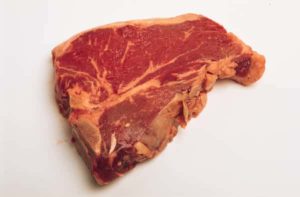
Jennie writes:
“I read a book on plant-based diets that which cliams that the phytates in whole grains kill cancer cells. Do whole grains really fight cancer?”
Ironic, isn’t it? In some corners of the nutrition world, the phytates in grains and legumes are reviled as “anti-nutrients.” In other circles, they are heralded as cancer killers.
In fact, both are true. Phytic acid in nuts, whole grains and legumes can bind to minerals like calcium and magnesium and reduce absorption of these minerals. This effect can be greatly diminished by soaking, sprouting, or cooking these foods. But if you’re not soaking or sprouting your grains, don’t worry. It’s unlikely to lead to mineral deficiencies.
In fact, the health benefits of phytic acid from whole grains and legumes appear to be much more significant than any downside. In addition to building strong bones, lowering cholesterol, and removing heavy metals from your body, phytates may help prevent cancer (colon cancer in particular).
It’s worth pointing out that there are a lot of things that kill cancer cells. But killing cancer cells in a petri dish and impeding the progression of cancer in a living organism are two entirely different things. Phytates are not effective chemotherapy. But they have been found to reduce the effects of actual chemotherapy in cancer patients.

 Grilling is a quick, convenient, and delicious way to prepare many foods. However, grilling can also create carcinogenic compounds called HCAs and PAHs, which are formed when proteins and fats in meat interact with high or direct heat.
Grilling is a quick, convenient, and delicious way to prepare many foods. However, grilling can also create carcinogenic compounds called HCAs and PAHs, which are formed when proteins and fats in meat interact with high or direct heat.


